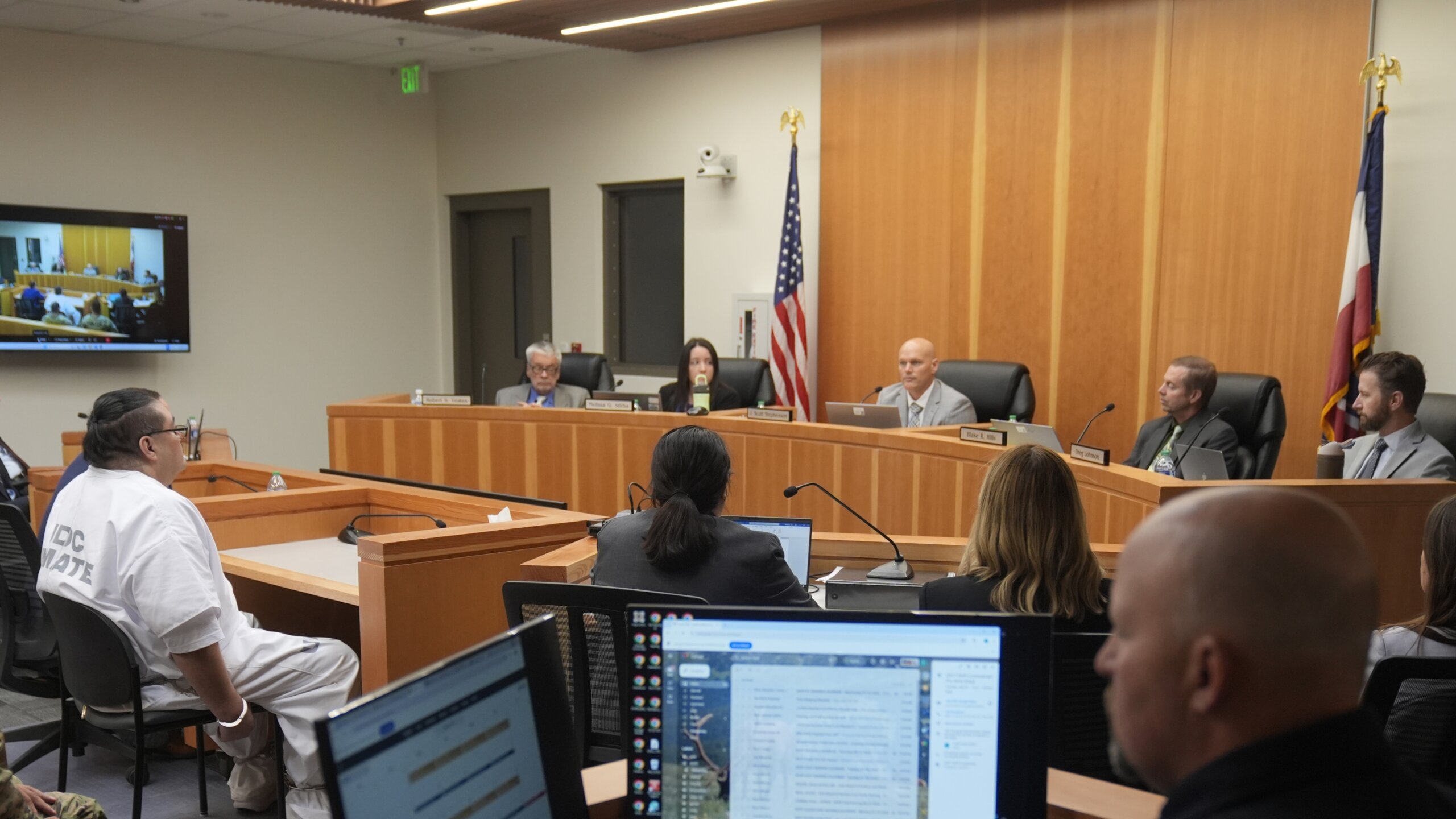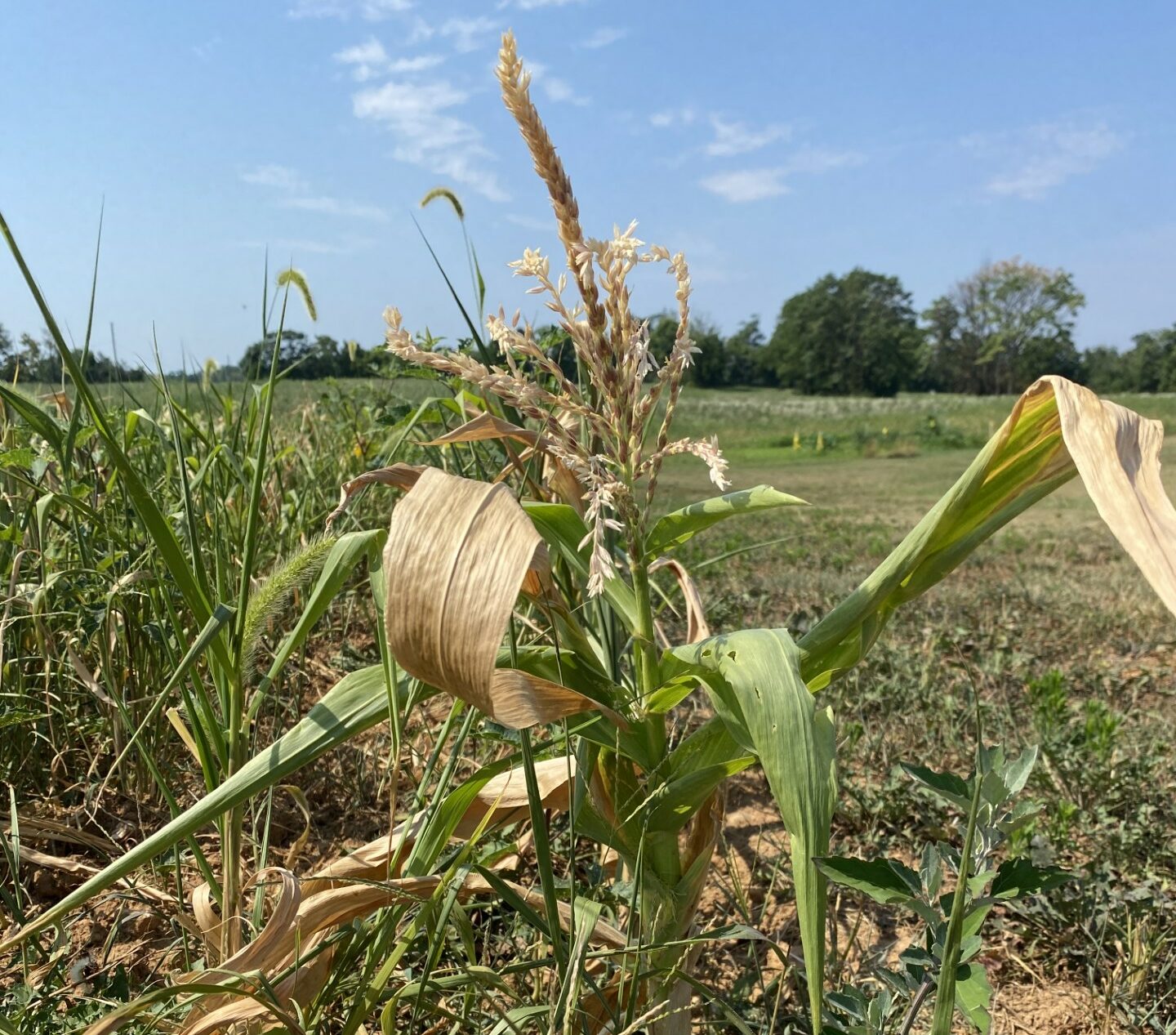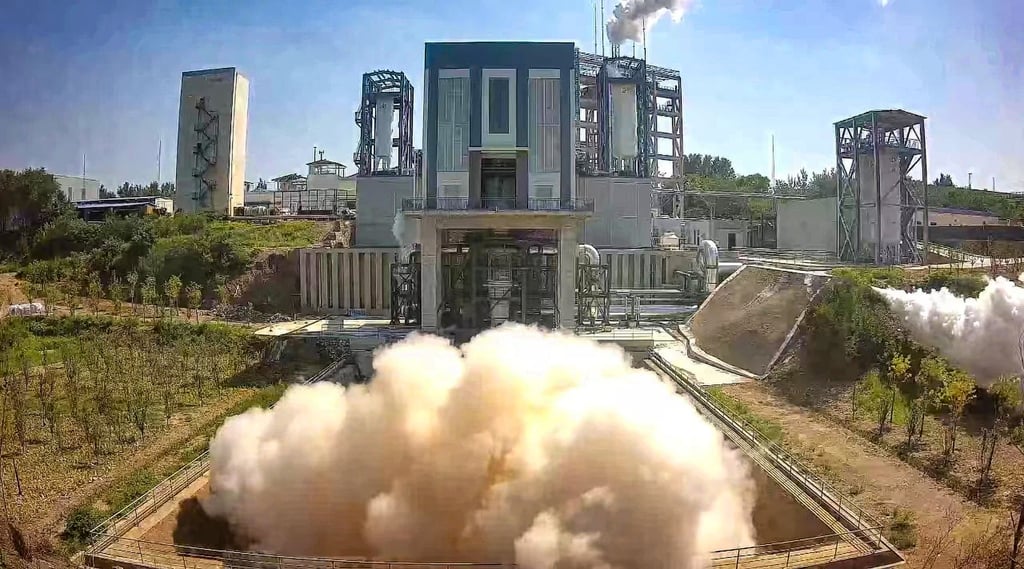JUNEAU — The final hours of Alaska’s legislative sessions are often dedicated almost entirely to budget negotiations. Not this year.
With under 60 hours remaining until the Alaska Legislature must adjourn its session, lawmakers on Monday appeared to focus their attention on energy bills.
Legislators began the session declaring that they would focus on policies to address a looming shortage of Cook Inlet natural gas, but with hours remaining in the session, no significant energy legislation had passed both chambers, and the possibility of agreement between Gov. Mike Dunleavy, the House and the Senate on key measures appeared to be slipping away.
Disagreements over key bills could mean lawmakers fail to adopt them before Wednesday’s end-of-session deadline — potentially compelling Dunleavy to call lawmakers into a special session to continue working on the bills.
Senate President Gary Stevens, a Kodiak Republican, said that the House and Senate had struck an agreement under which the Senate would pass a carbon sequestration bill and the House would pass a bill that creates an integrated energy transmission system — potentially allowing both policy pieces to be adopted this year.
Neither had happened as of 5 p.m. on Monday, when the House concluded a two-hour debate on a lengthy list of amendments to the transmission bill.
“We’re waiting for that,” said Stevens, adding that senators “hesitate to send” the carbon storage bill to the House until the House makes “some progress” on their side of the bargain.
The two energy bills — carbon sequestration and transmission — are second only to the budget in importance this session, according to Stevens.
Stevens said the governor may call lawmakers into a 30-day special session if they don’t pass the energy-related bills by Wednesday.
“He’d be right to do that, because it’s really crucial. The problem we’re having with the House is — they can’t move very fast, so they can’t get that energy (transmission) bill to us,” said Stevens. “What happens if we just don’t do it? Well, I would guess the governor would call us into a special session.”
When asked if Dunleavy was prepared to call the Legislature into a special session if the two major energy bills failed to pass, Jeff Turner, a spokesperson for the governor’s office, said on Monday that “there is time remaining in the session to pass both bills.”
The House was expected to have its final vote on the transmission bill on Tuesday.
Lawmakers repeatedly delayed floor sessions on Monday as they met behind closed doors to discuss the energy provisions. The crush of bills gumming up the process was exacerbated by the House’s 12-hour debate on Saturday over a divisive transgender sports ban, which left a feeling of acrimony among legislators.
The House was scheduled to hear House Bill 307, meant to modernize the Railbelt electric grid, on Sunday. The bill was ultimately rescheduled for Monday.
Rep. Will Stapp, a Fairbanks Republican, said the bill was focused on “addressing and eliminating wheeling and pancaking rates, and creating a more equitable system for energy across the Railbelt.” Stapp called the current system of regional utilities “geographic fiefdoms.”
“It has been very challenging to be able to get all the different organizations and stakeholders in a room to agree on something,” said Stapp, adding that “time and inertia” would not help the bill.
Several Republicans representing districts in the Kenai Peninsula raised concerns about the measure, mirroring the opposition of the Homer Electric Association.
Rep. Justin Ruffridge, a Soldotna Republican, said part of his concern was because Cook Inlet natural gas was in his “backyard” and he was worried the bill would encourage a move away from that natural gas and toward renewable energy production, including from wind and solar projects.
“No internal resource production statewide. No Cook Inlet natural gas, no gas pipeline, no anything. We will be a resource state that essentially imports our energy needs,” said Ruffridge.
The proposal for an integrated transmission system has divided Railbelt utilities. The bill is seen as a priority for Dunleavy, whose energy policy adviser Andrew Jensen discussed the measure with lawmakers in the Capitol Sunday after 10 p.m. Jensen was back in the House gallery when debate began around 3 p.m. Monday. Jensen declined an interview request on Monday.
House Speaker Cathy Tilton, a Wasilla Republican, said that lawmakers could “absolutely” pass the necessary bills by the Wednesday deadline.
“It’s an ever-moving target, though,” she added. “At this point in time, I think that we can. But, like I say, it’s always fluid around here.”
Tilton said the transmission bill and carbon storage bill are “high priorities” for the House “because it’s important to help with the cost of energy.”
Meanwhile, the Senate was scheduled on Tuesday to pass House Bill 50, which would develop a statutory framework for the state to lease depleted gas reservoirs to store carbon dioxide deep underground.
Once pitched as a way to generate significant new state revenue, a carbon storage bill is now being supported as a way to boost oil and gas industry investment in the state. It’s unclear how much carbon sequestration could cost or benefit Alaska. The Department of Revenue stated that “the tax revenue potential of the bill is uncertain at this stage.”
The House was also expected to take a final vote Monday on House Bill 223, which would provide royalty relief to natural gas producers. However, even if the bill passes the chamber, key Senate members have raised concerns over the prospect of forgoing state revenue without the guarantee of increased production.
Stevens said the most important task of the session remains passing the budget. Lawmakers have yet to agree on what is seen as one of the most critical — and contentious — parts of the budget, the size of the Permanent Fund dividend. The Senate favors a payout of roughly $1,600 to eligible Alaskans, while the House proposal — which would require a sizable draw from already-depleted state savings — called for a nearly $2,300 dividend.
Stevens said the Senate was “having trouble getting meetings with the House” to discuss the budget. “But now they have agreed to meet with us,” he said Monday afternoon.
Sen. Bert Stedman, a Sitka Republican who is one of the chief budget negotiators, said Monday afternoon that the budget negotiations would need to be completed by 9 a.m. on Tuesday.
If the conference committee does not complete its work by early Tuesday morning, it will become increasingly difficult to complete the task of approving the spending plan in both the House and Senate before the Wednesday night deadline.
“People don’t like to be here until midnight, but if we have to be, we’ll do that,” said Stevens.
• • •

:quality(70)/cloudfront-us-east-1.images.arcpublishing.com/adn/BGCUP6GFXBCPZG5AOXBHEE2J6U.JPG)
:quality(70)/cloudfront-us-east-1.images.arcpublishing.com/adn/S7NRAR3B2RECFBFAMRCXM2YONM.JPG)






:quality(70)/cloudfront-us-east-1.images.arcpublishing.com/adn/B4HY456RDFCC7NNPF7EGXSCF5E.jpg)






















